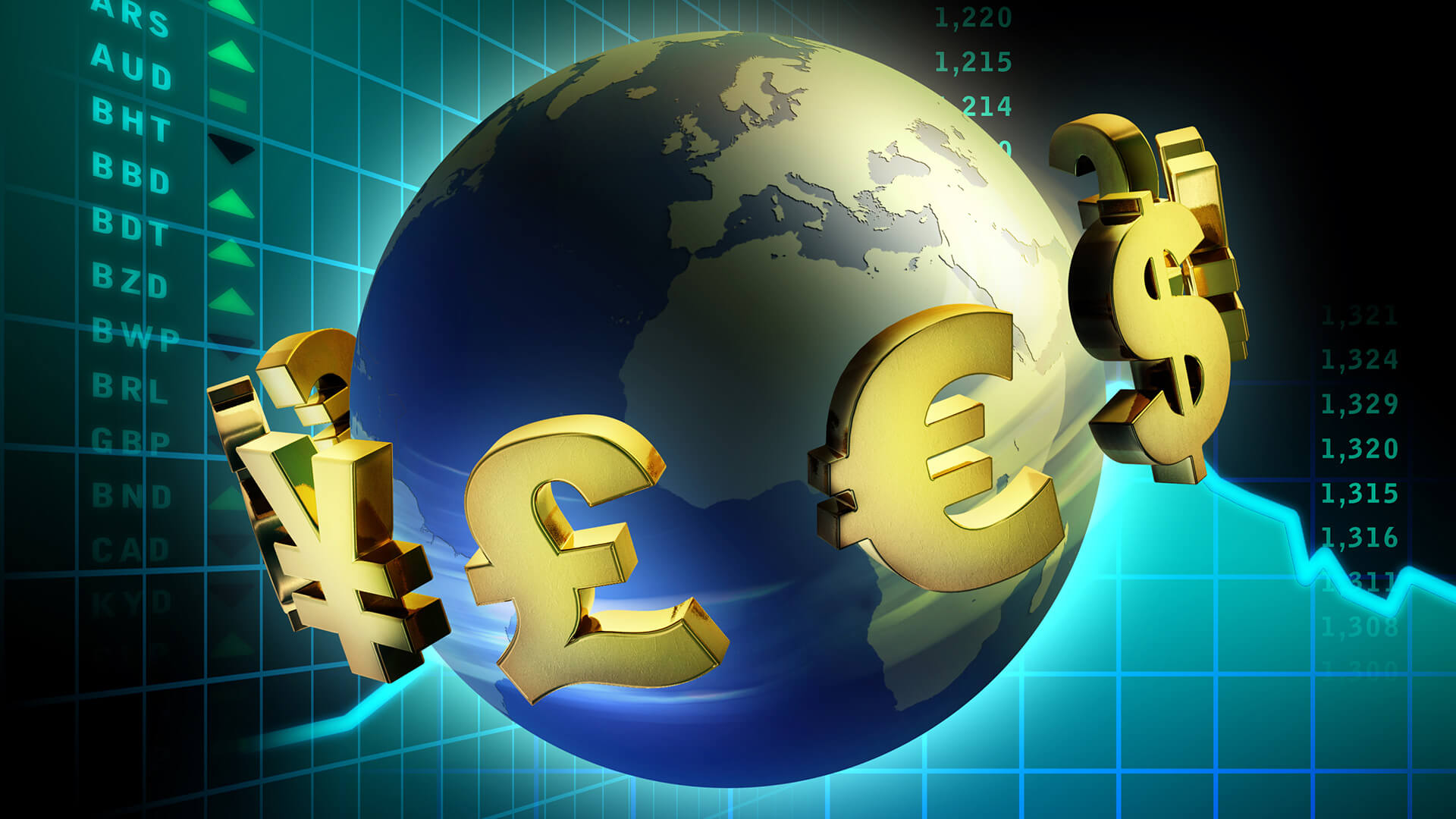

Foreign exchange rates have seen a major currency fluctuation over the past few years. For importers and exporters, any significant movement in currency fluctuation values has a big impact on profit margins, especially when buying supplies in high-value currency and selling in low value. Currency fluctuations and exchange rates have a tremendous impact on the amount that an expatriate receives in compensation. Plus, it greatly affects the amount of the cost-of-living allowance that companies pay their expatriates.
An exchange rate regime implies whether or how a country decides to manage its currency with respect to other currencies. In a flexible exchange rate regime, the country leaves the determination of its currency’s price mostly to international foreign exchange markets. Alternatively, a country may decide to exercise varying degrees of control over the exchange rates involving its currency. Appreciation and revaluation have the same meaning: The value of one currency increases against the other. But these terms are used for the floating and pegged exchange rate regimes, respectively. For example, both the dollar and the euro are floating currencies.
The exchange of foreign currencies has been a pastime of traders since the widespread adoption of the gold standard during the late 19th century. Determining a currency’s worth in relation to gold established a standardized manner of valuation. In time, hedgers and speculators alike were able to swap currencies in an attempt to realized a profit or preserve wealth. As technology evolved, the global currency trade transitioned from the physical transfer of money to an electronic one. By the turn of the 21st century, international currency exchange revolved around the newly digitized over-the-counter forex marketplace.
A cheaper currency provides a competitive boost to an economy and can lead to positive multiplier and accelerator effects within the circular flow of income and spending. Depreciation of also has the effect of increasing the value of profits and income for a country’s businesses with investments overseas. And it is a boost to the tourist and farming industries. For farmers in Europe, CAP payments are made in Euros, so a lower sterling/Euro exchange rate increases the sterling value of farm subsidies for farmers in Britain. Some of the benefits of a weaker currency happen in the near term, but there are also some potential gains in the medium term. For many years the UK economy has been criticized for over-consumption and under-investment with the economy being unbalanced and too dependent on borrowing.
Exchange rates are commonplace for both travelers and international investors. While exchange rate quotes are relatively easy to find, reading and making calculations based on them can be a little more challenging. Investors can use many different online resources to help calculate exchanges rates on the spot or familiarize themselves with the basic mathematics needed to calculate exchanges rates by hand. This can help save a lot of time and money, especially when dealing with significant amounts of money.
To receive new articles instantly Subscribe to updates.